Sarah Alade is acting CBN governor
Whichever way it ends, the Monetary Policy Committee (MPC)’s meeting on Monday portends higher costs of living for Nigerians.
The meeting of the MPC, the organ of the Central Bank of Nigeria (CBN) responsible for monetary policy formulation, centres on the value of the naira.
If members choose to devalue the currency, Nigerians will pay more for virtually everything, from bread to clothes. The possibility of this option is however very slim, as most members are said to be opposed to it.
If they choose to defend the naira, this alternative will also come at a cost as interest rates will be raised and the naira will become less available in the system because bank’ cash reserve ratios will be upped.
Advertisement
Both will make the naira more expensive and ultimately lead to higher costs.
The two broad alternatives – outright devaluation or increase in cash reserve ratio and interest rates – are needed to stem the rapid $1.6 billion monthly depletion of the nation’s foreign reserves, says Damina Advisors.
Import cover
Advertisement
“If current trends continue, by late 2014, the country will have less than 3 months’ worth of import cover at $15 billion of FX reserves,” Damina said in a note to clients Friday.
A nation’s import cover is obtained by dividing its foreign reserves by the average monthly import bill, and this figure is an important measure of a country’s state of economic health. And for an import-dependent nation like Nigeria, it’s even much more significant.
Nine members of the committee, a clear majority of the membership, favour the use of both variables – CRR and interest rate ─ as the appropriate tools to deal with the problem now, according to Damina.
The MPC is composed of 12 members, according to the CBN Act of 2007: the governor of the central bank, who serves as chairman; the four deputy governors of the bank, and two members of the board of directors of the CBN.
Advertisement
Others are three members appointed by the president, and two members appointed by the governor.
Under the present circumstances, with current governor Sanusi Lamido Sanusi on suspension and Godwin Emefiele, the new one yet to assume duties, there will probably be 11 members at the meeting.
Cash reserve
According to Damina, while members who are CBN insiders favour hiking high interest rates to defend the naira, academics who are members prefer raising bank reserve requirements from the current 15% level for private deposits “and completely sterilising government deposits by hiking the current 75% cash reserve requirement for government deposits to 100%”.
Advertisement
Damina had predicted last December that CBN’s new governor would devalue the naira by between 10% and 15% on the back of a planned rebasing of the gross domestic product and falling oil price.
The rebasing exercise has been completed, resulting in a new GDP of $510 billion, far higher than about $400 billion that analysts had predicted, and the previous estimates of $280 billion, making Nigerian economy the biggest in Africa.
Advertisement
“A vote against devaluation will naturally lead to a combination of the remaining two options, as the hopes of increasing fiscal revenues to the FX account are unlikely to be immediately forthcoming,” Damina said.
Among those in support of interest hike, according to Damina, is CBN Acting governor, Sarah Alade (pictured), who favours this option over devaluation. In addition Alade prefers the government increasing the excess crude account to add to existing foreign exchange reserves and increasing fiscal buffers.
Advertisement
Also in support of interest rate increase is deputy governor Barau Suleiman. While he is opposed to devaluation, he prefers “a gradual market-driven depreciation”. Another deputy governor, Kingsley Moghalu, joins Suleiman and Alade in calling for a near-term increase in interest rates, over devaluation.
“Yet, Moghalu believes that other external factors such as the abrupt leadership change at the bank, and other extraneous domestic political events should be factored into the MPC’s analysis,” Damina said.
Advertisement
Inflationary measures
Monetary policy formulation and coordination have been prominent challenges to the monetary authorities right from the days of banking-sector reforms.
Efforts to rein in inflationary pressures have been part of the reason for the tight policies the MPC has pursued.
Even now, there are more reasons for it to continue the tightening game: month-on-month inflation inched up to 7.9% in April, up from 7.8% in the month before, according to figures released by the National Bureau of Statistics.
Campaigns by political parties for the 2015 general election are about to kick off, and with these will come lots of money being pumped into the economy. And since much of this money will not be spent on productive activities, this will definitely put more pressure on the price level.
At the end of its meeting two months ago, the MPC retained its tight monetary stance that has held sway for three years now.
It retained the 12% Monetary Policy Rate. MPC had raised the MPR at every meeting it held between January 2011 and October 10 that year, a total of six times, moving it from 6.25% to the level where it has remained till date.
At the March 2014 meeting, the committee also raised to 15% banks’ CRR on private-sector funds and retained a 75% CRR on banks’ public-sector funds.
Pushing the limits
Yet, there must be a limit to which these policies can be pushed at once. Many banks are predicting growth in their loan portfolios for this year. These loans will be made from their deposit portfolios (unless they will resort now to raising funds specifically for growing their loan books).
If their capacity to create credit is seriously impaired through hikes in CRR, it will affect not only the banks, but also the real sector, which will be starved of funds. The same thing will happen if interest rates are raised so much that borrowing becomes a curse rather help to do business.
The cost of doing business in Nigeria is already very high, most operators in the economy would readily say.
Clearly, therefore, much further hike in these variables will have significant impact on the economy. If, as is being suggested, the CRR on public sector funds is raised by 25 percentage points, that would mean effectively sterilising that component of banks’ deposit base which means that they cannot create credit from it.
1 comments
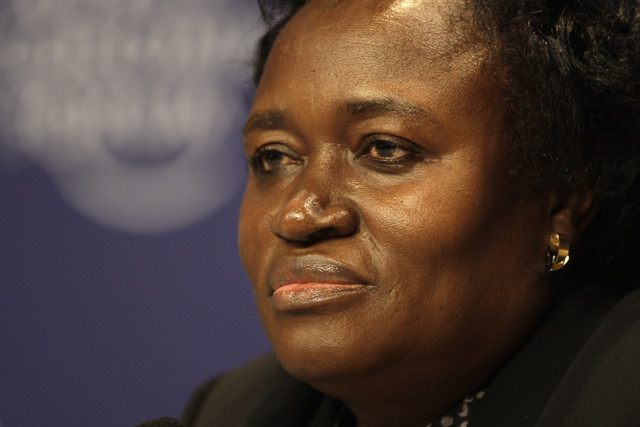

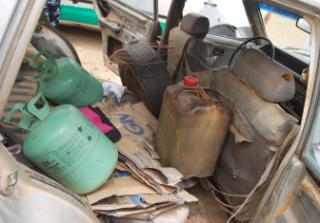
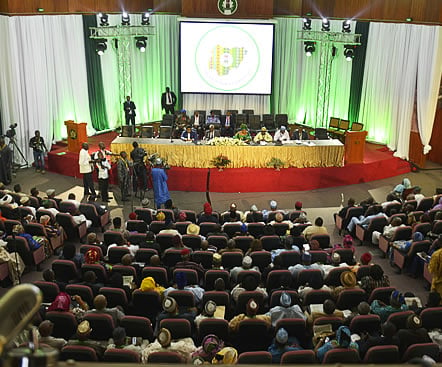

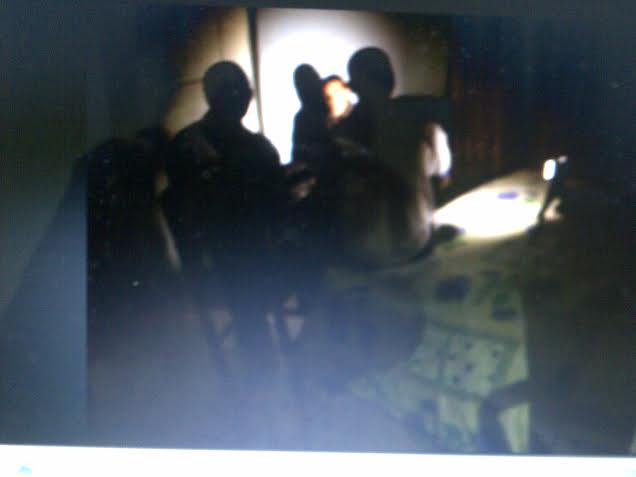
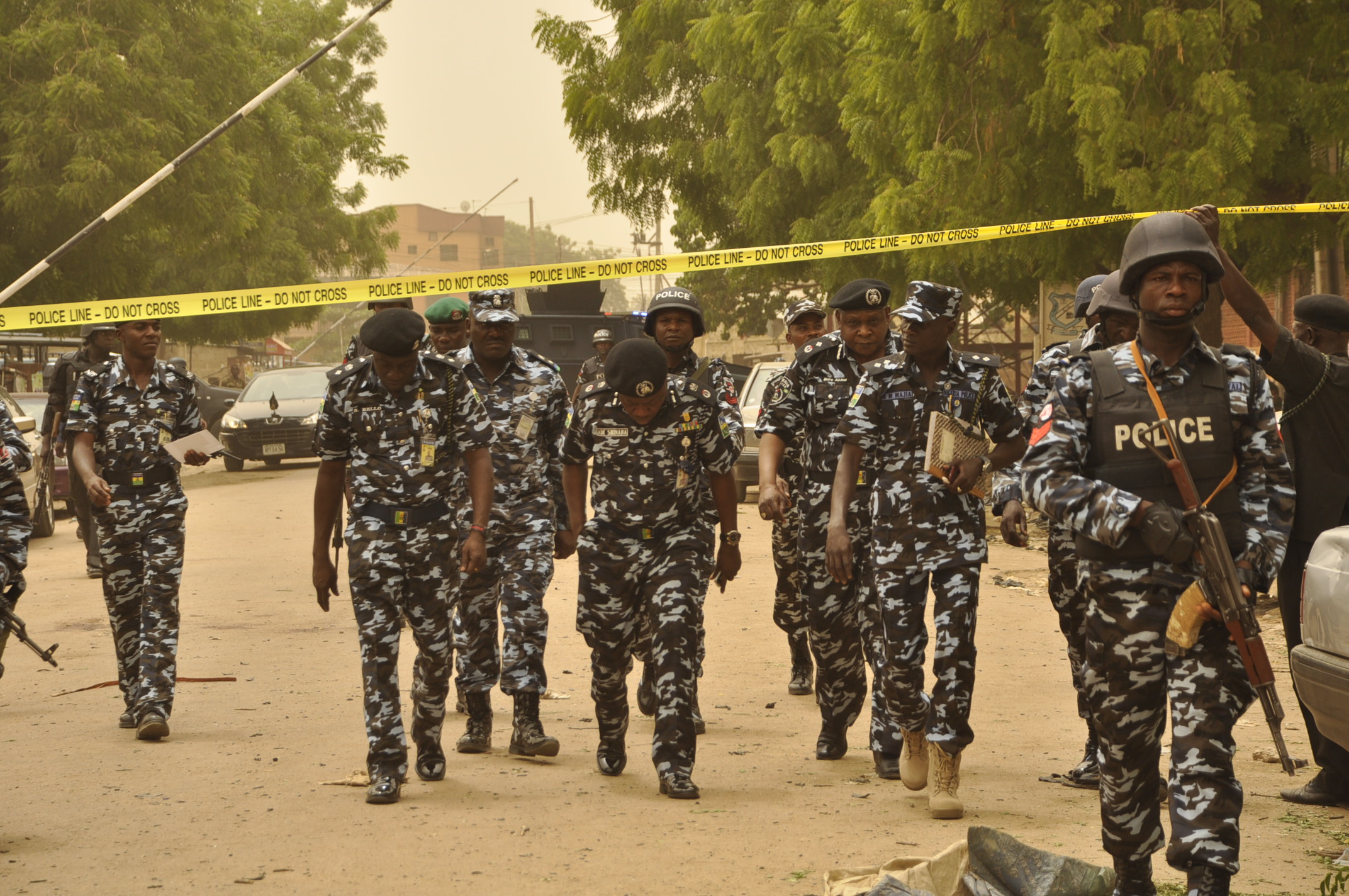
This discusion above seem to point to effectiveness money management of our Nigeria account by Sanusi Lamido. We are watching and analysis being subjected to….